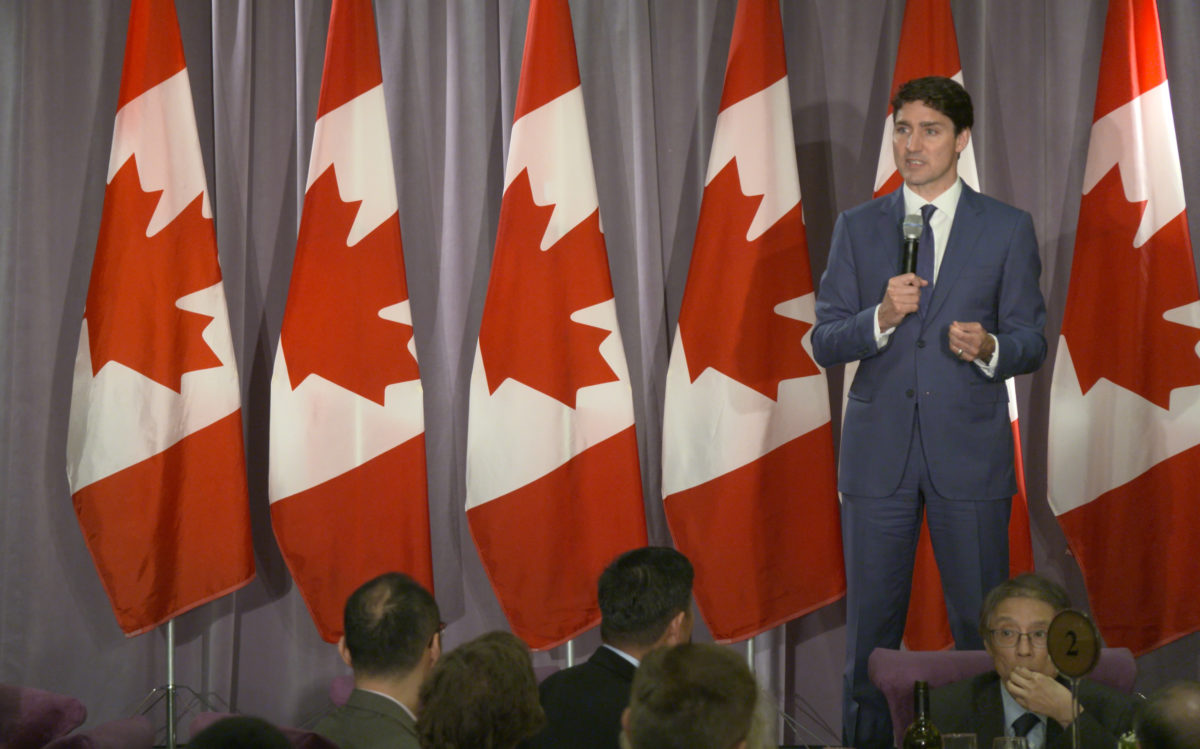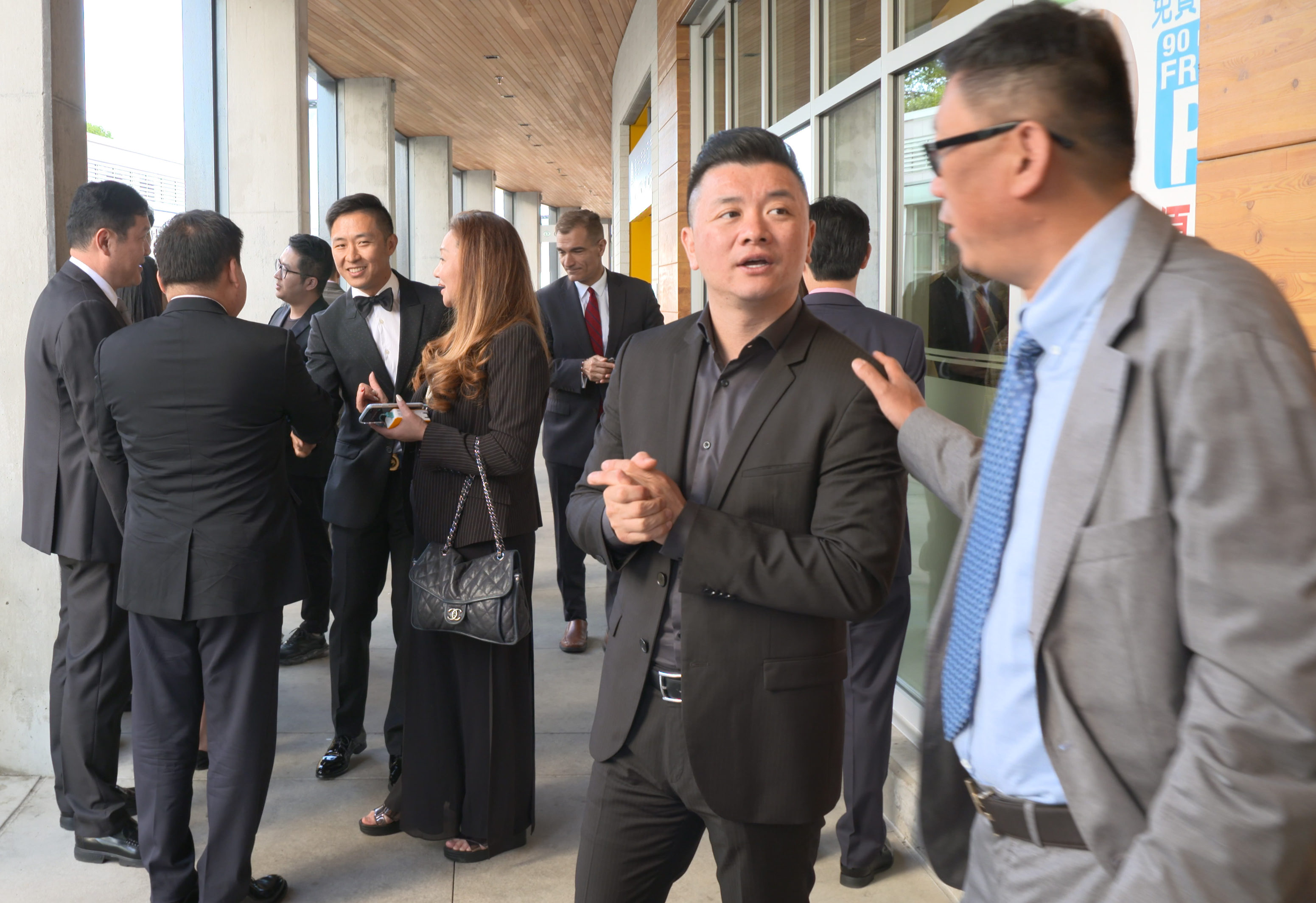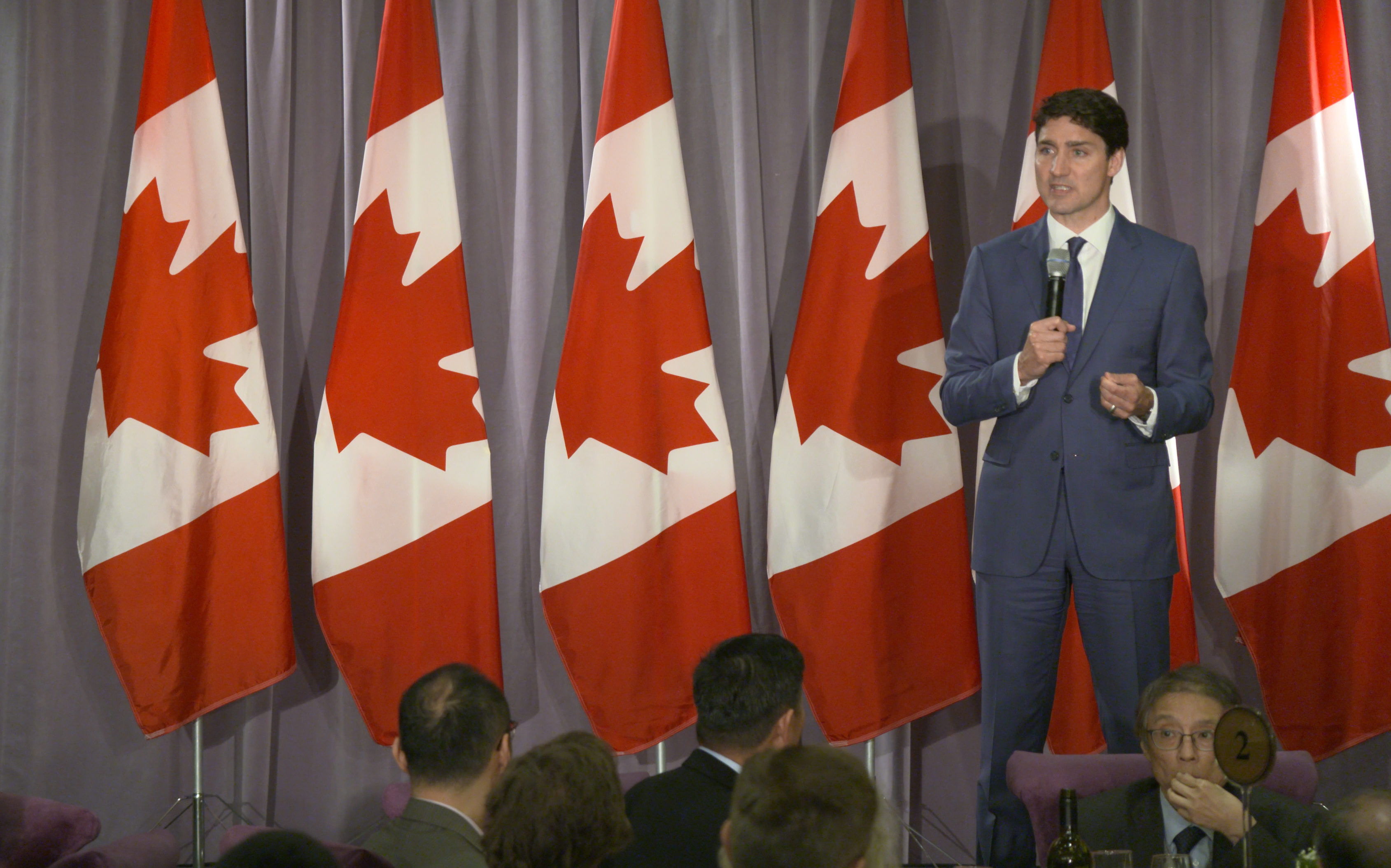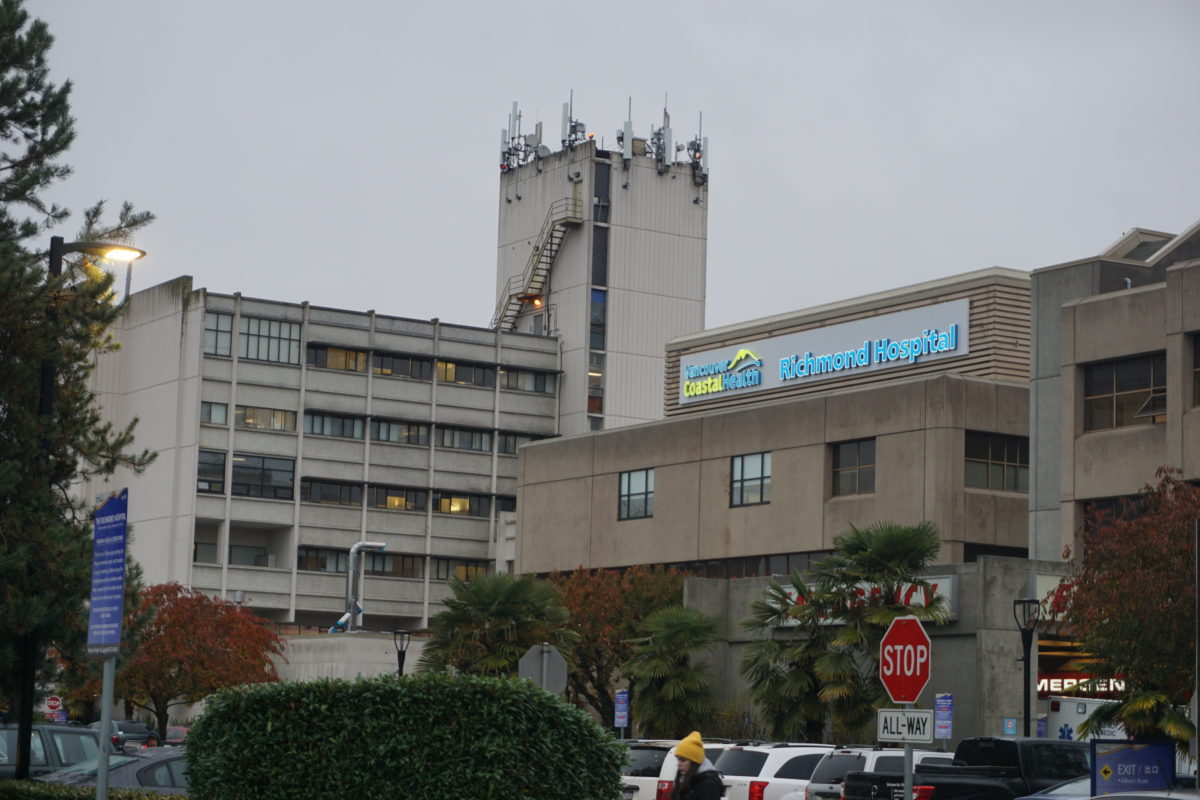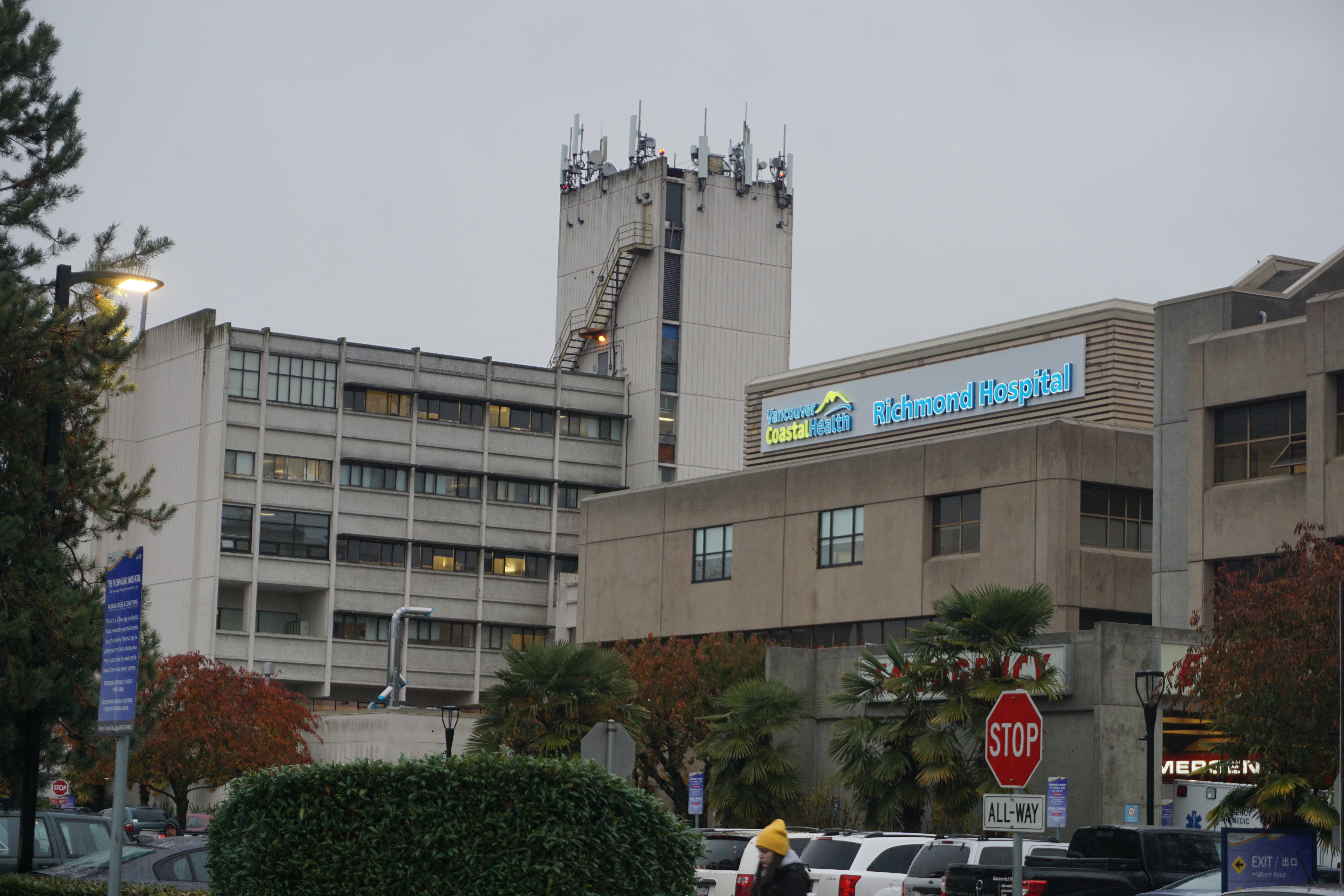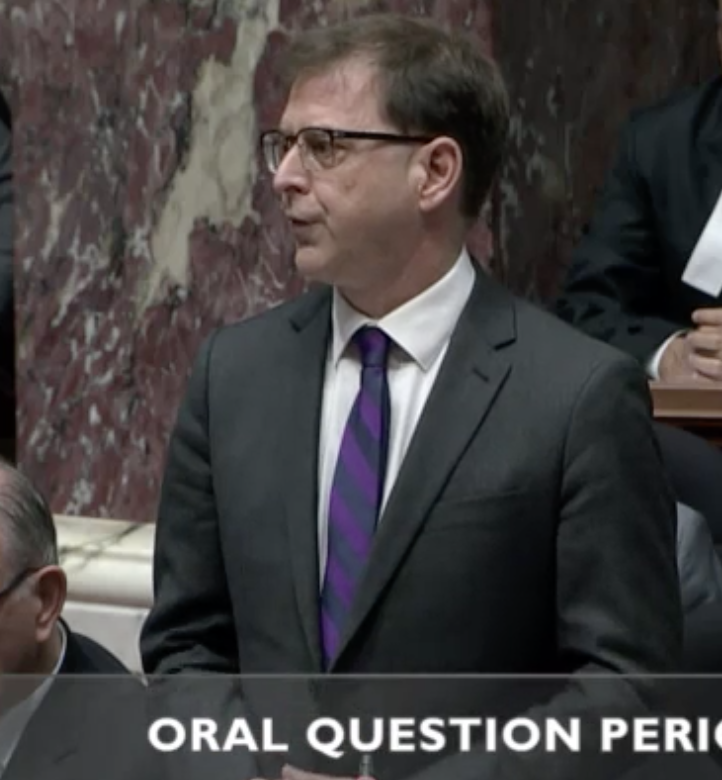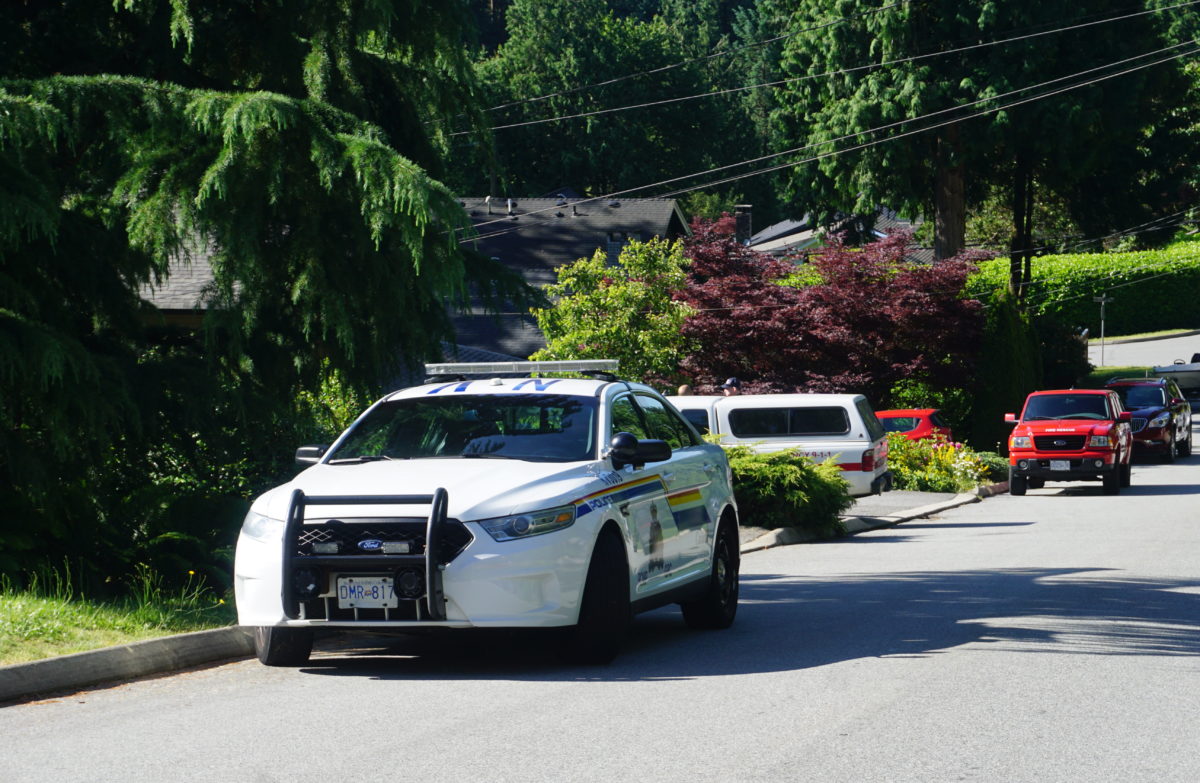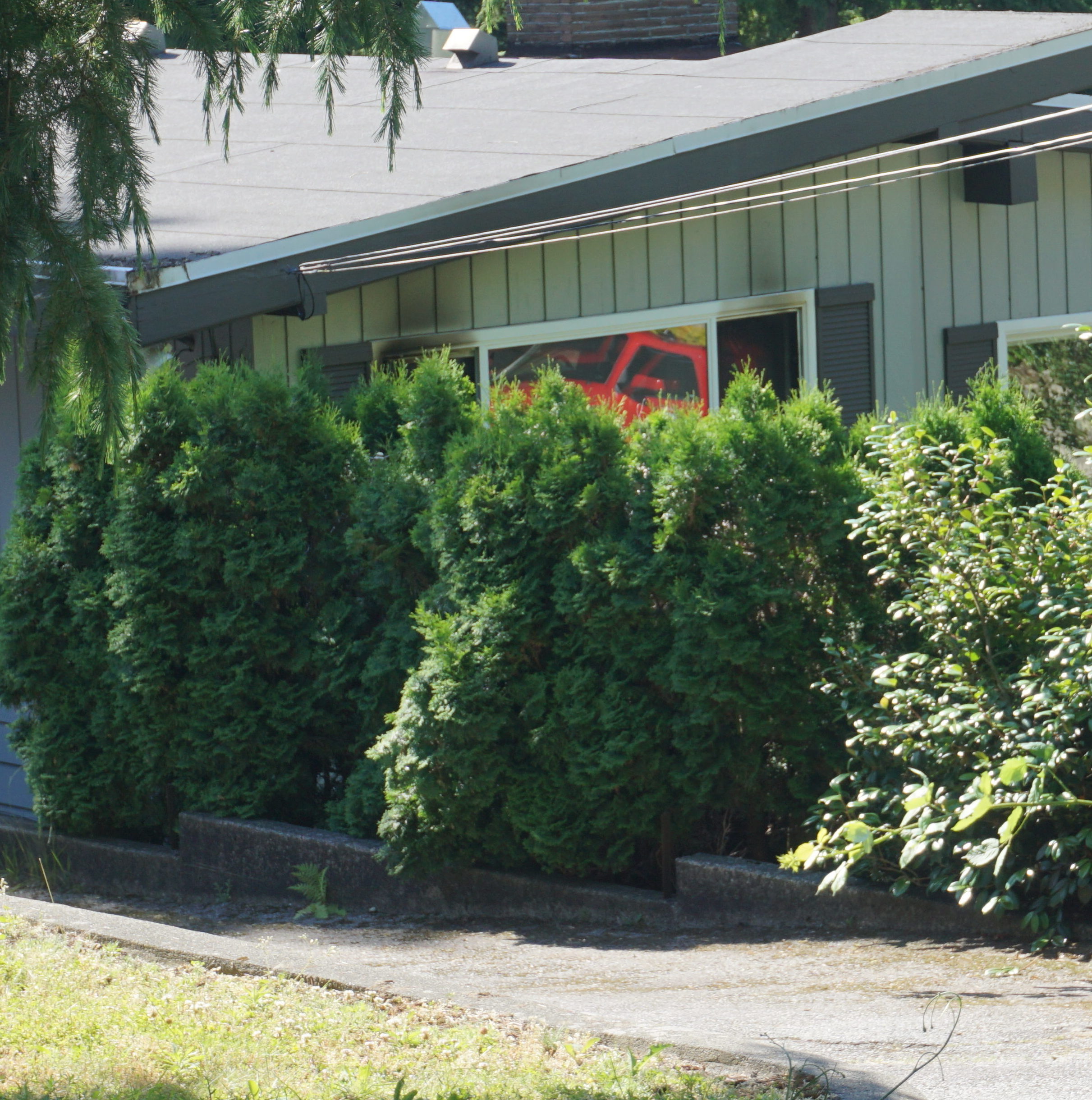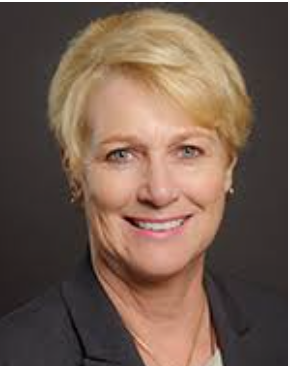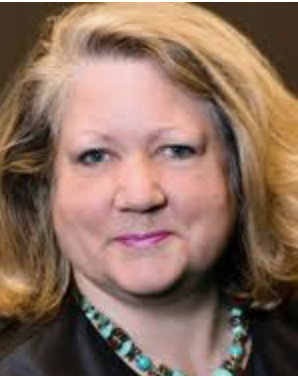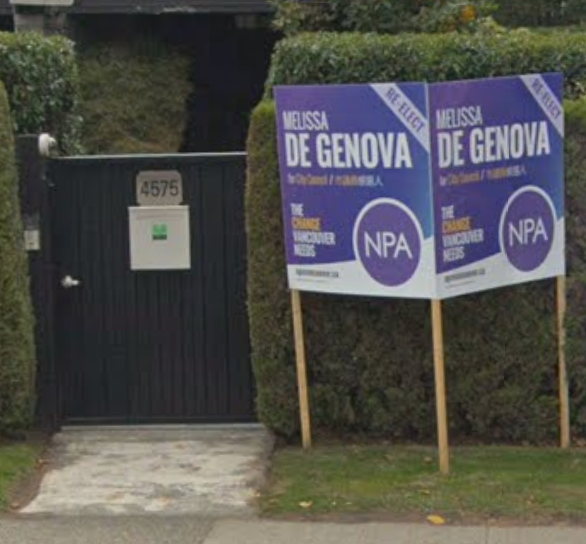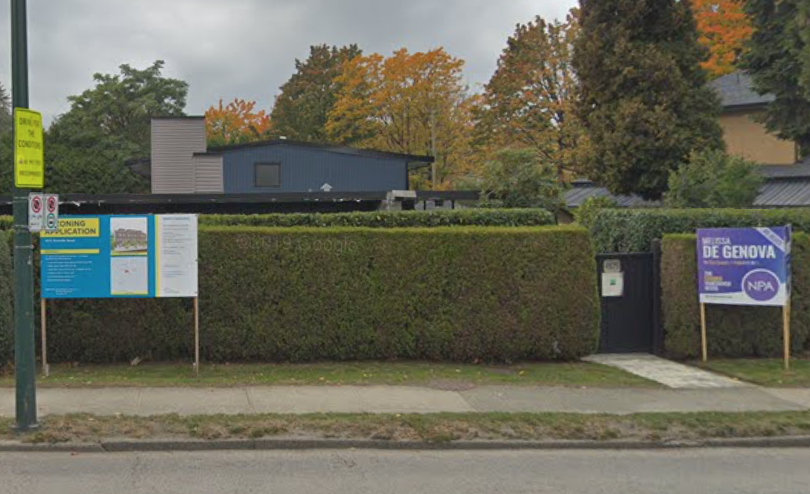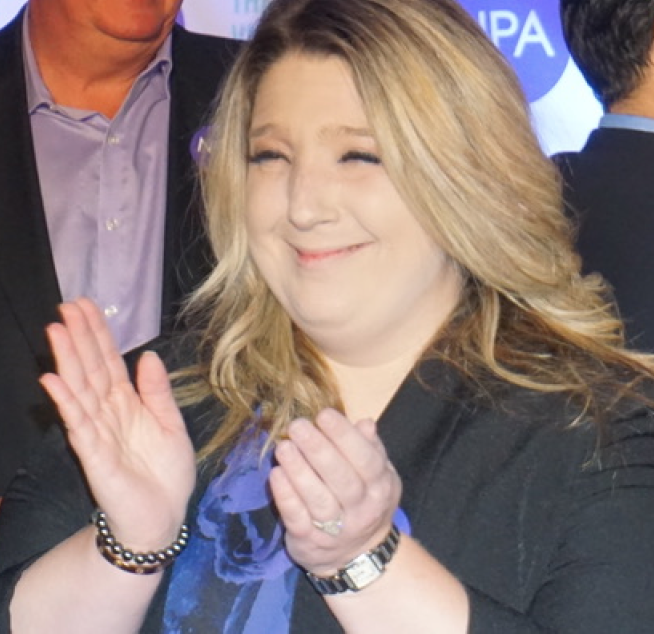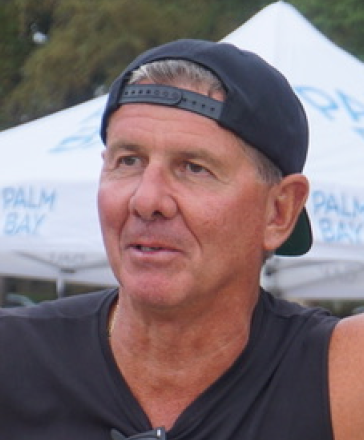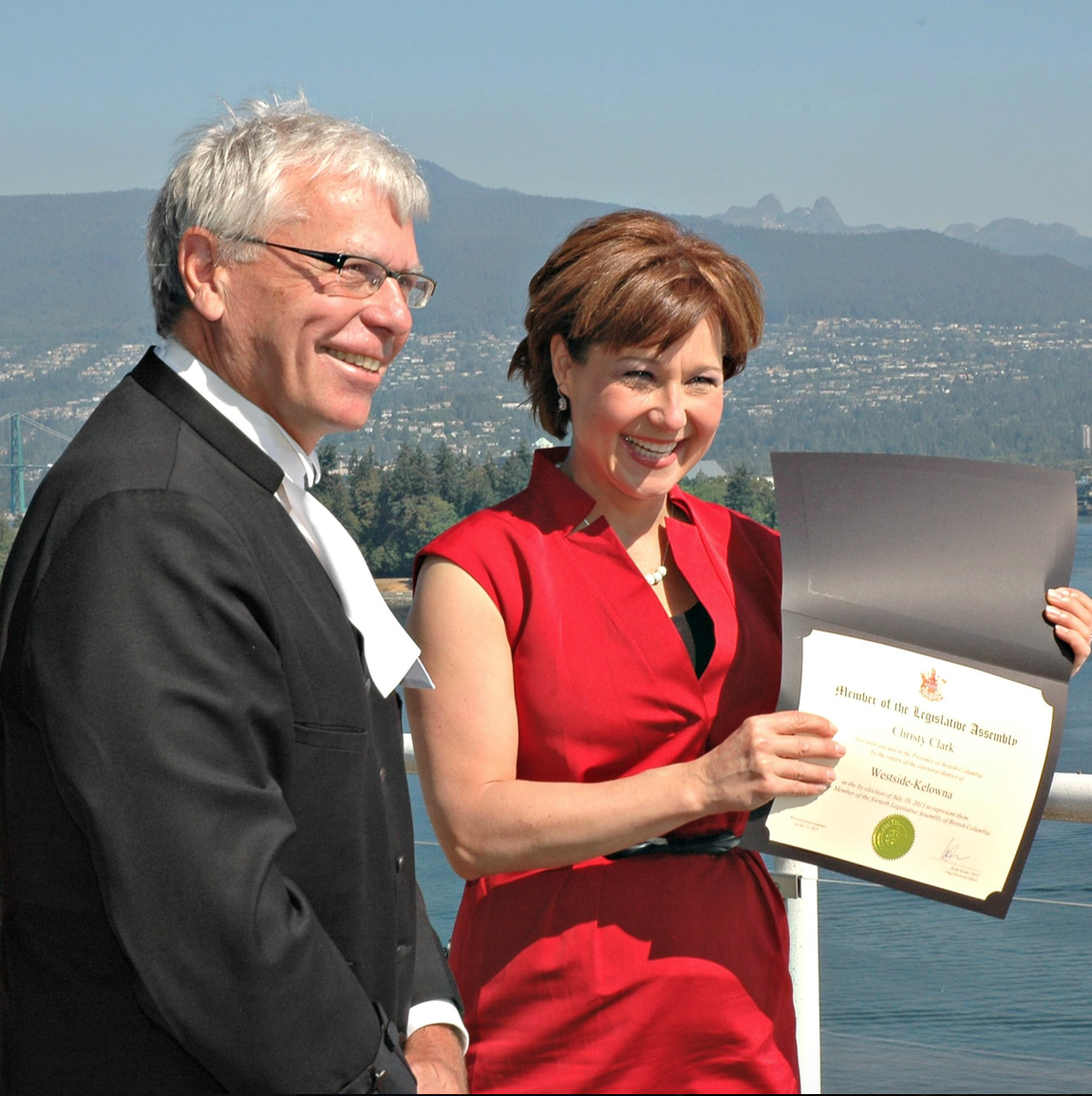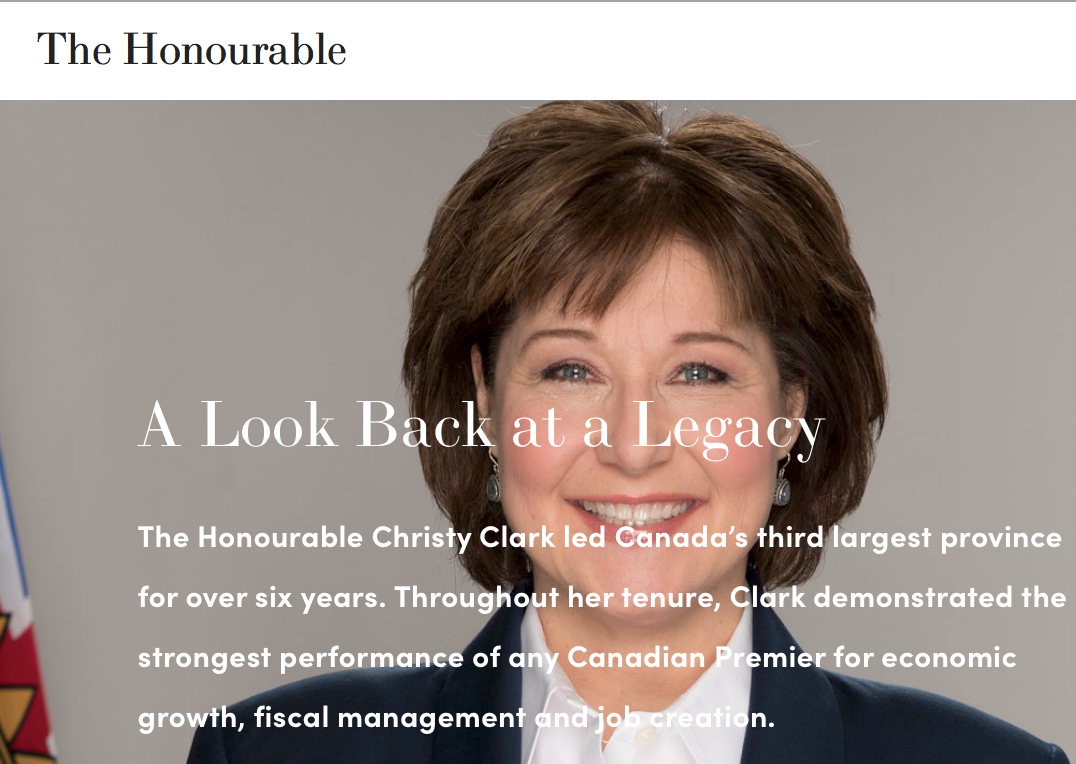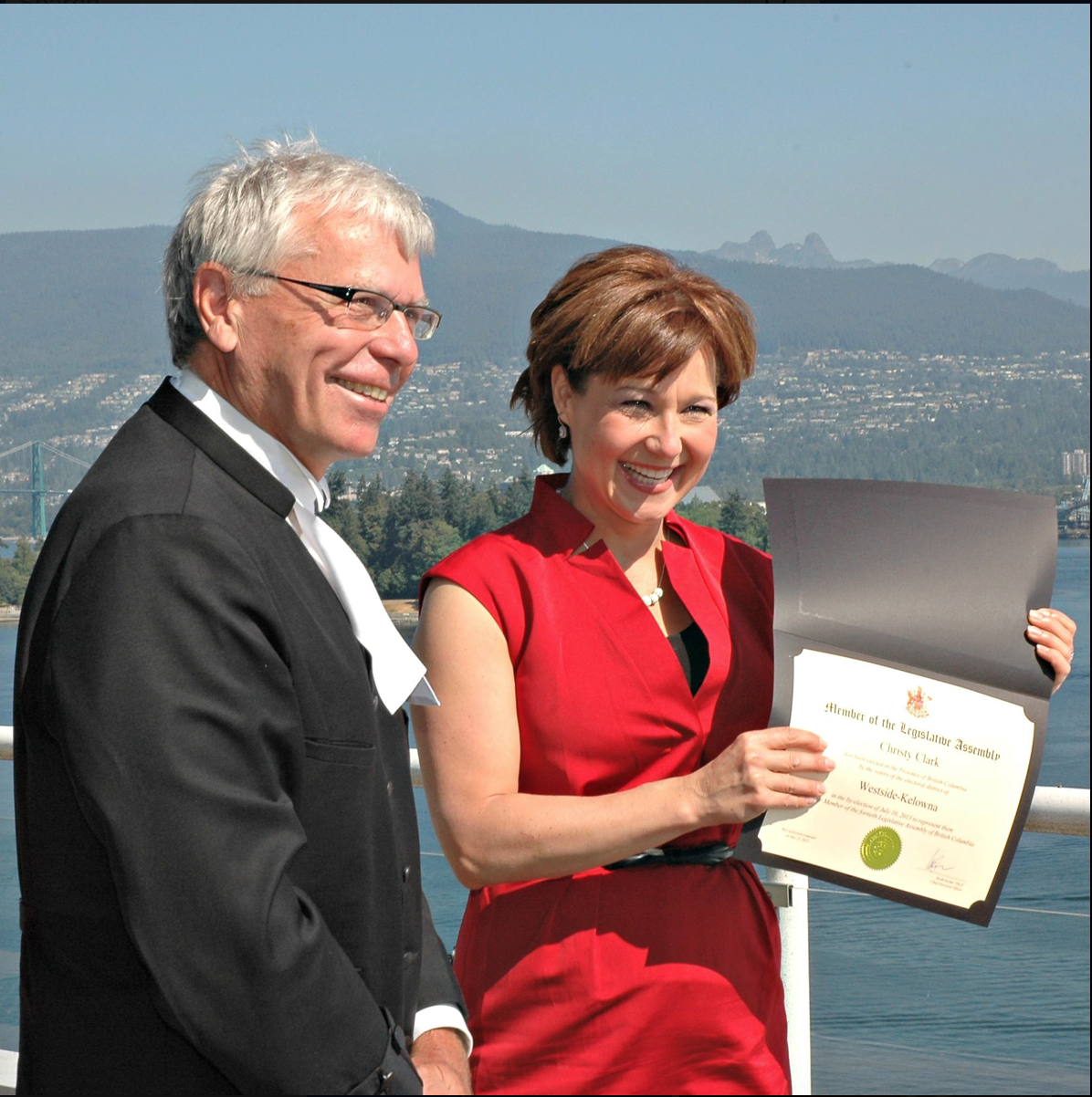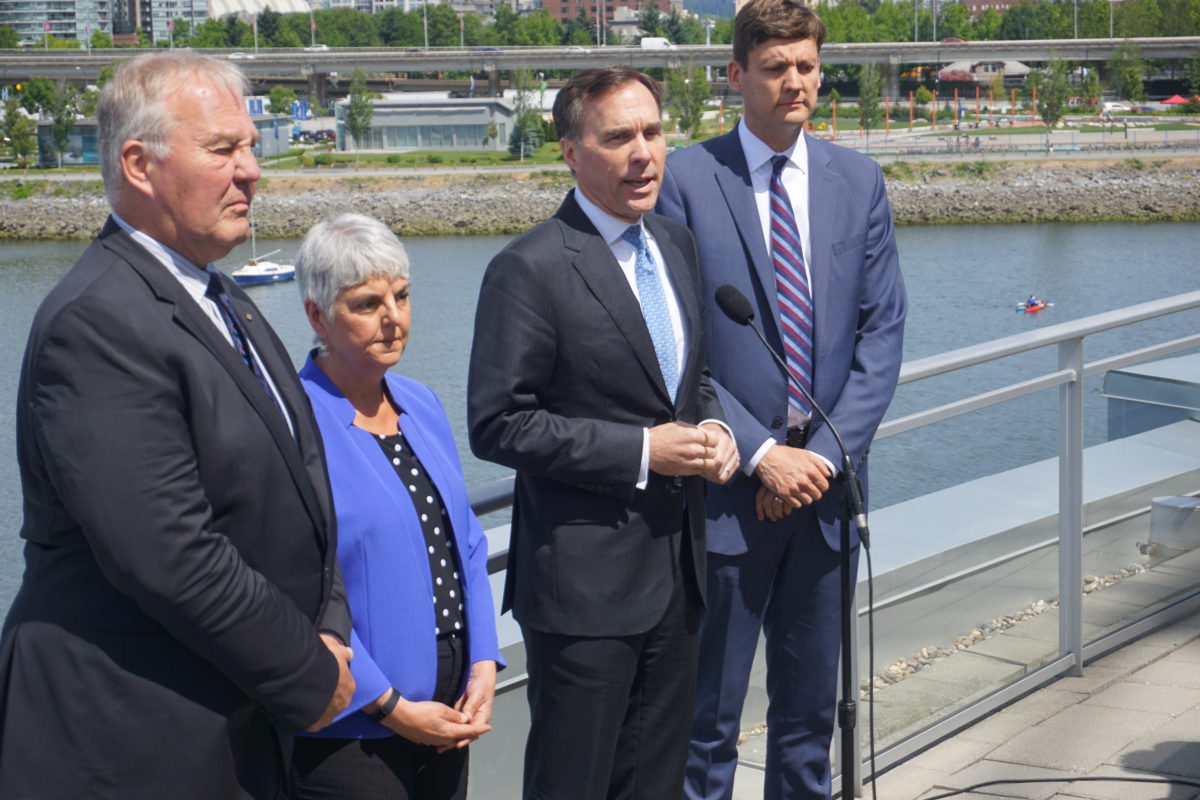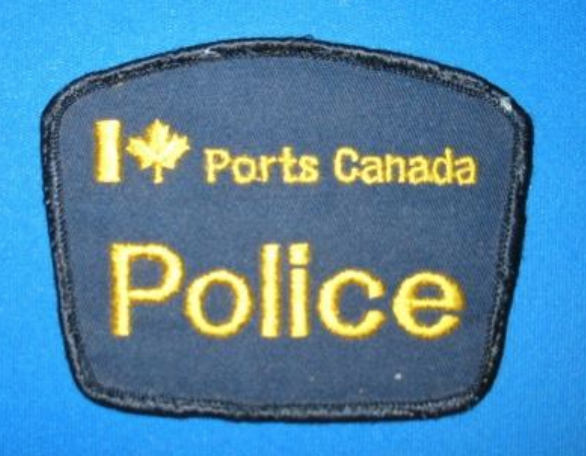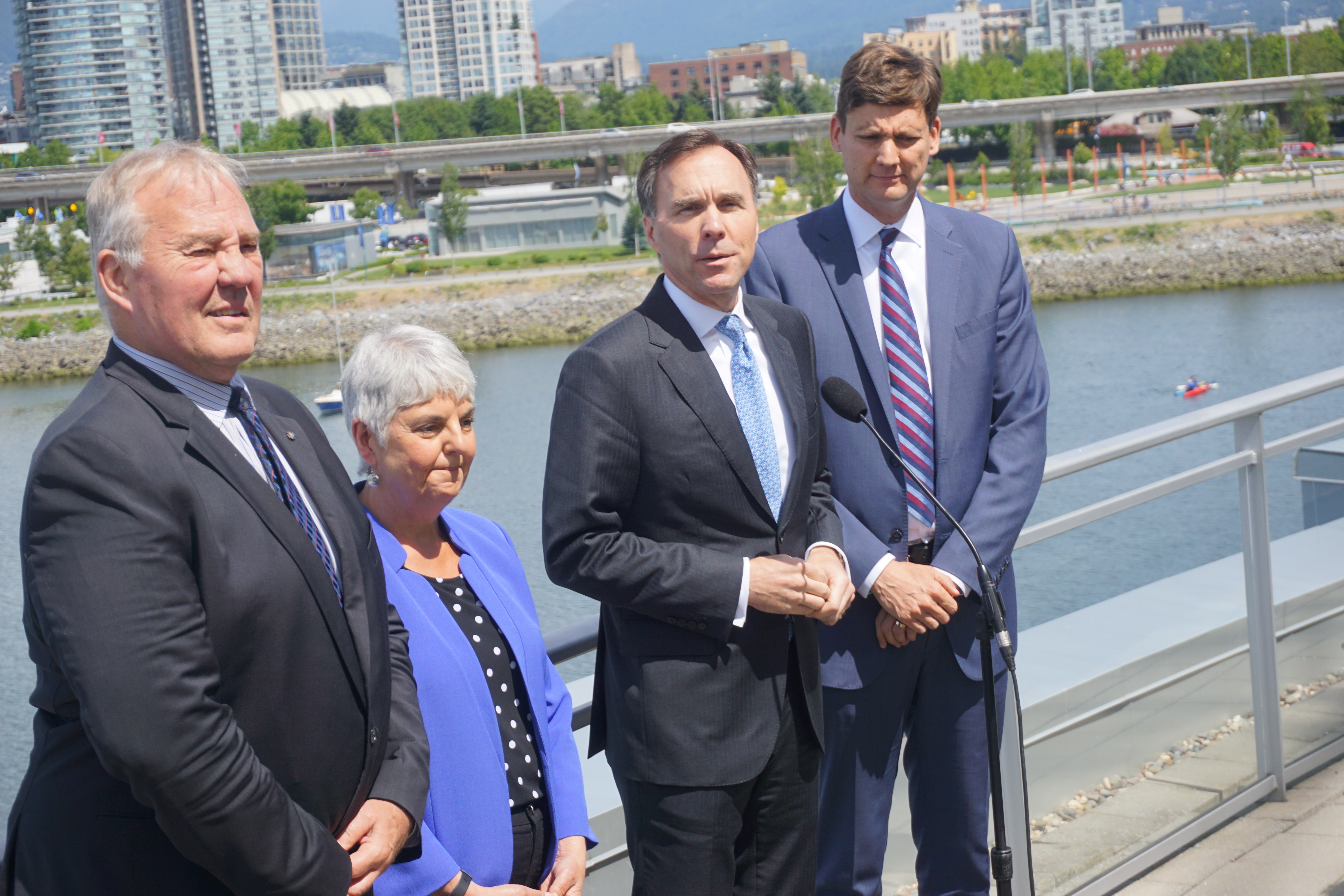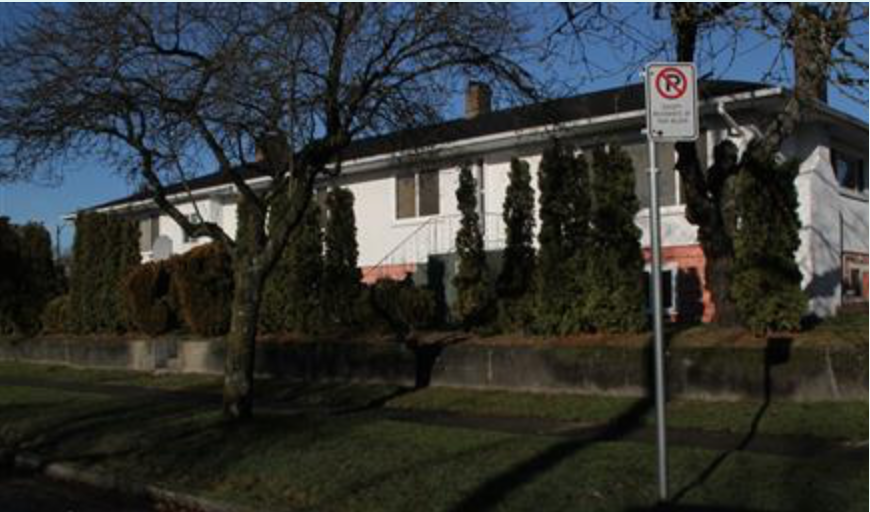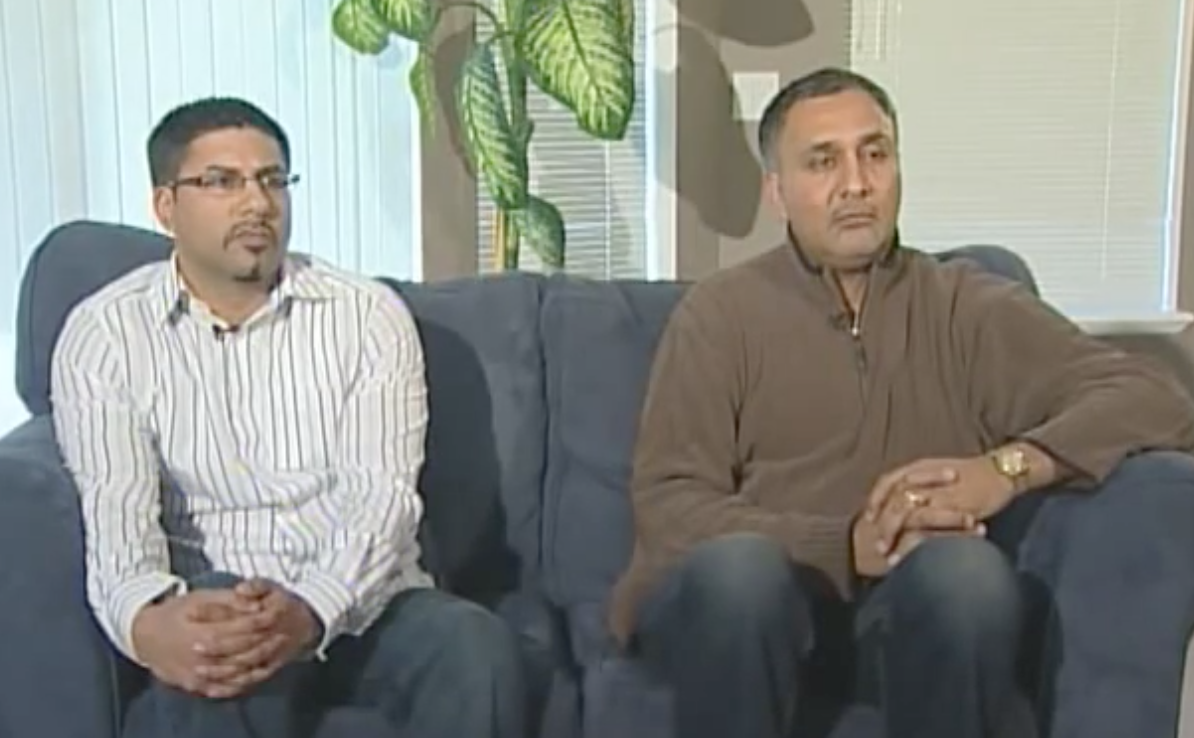PacNet poobahs charged — in Vegas, not Vancouver
Bob Mackin
During its last three full years of business, a Vancouver payment processing company paid its founder $15 million in salary and bonuses, according to federal criminal charges filed in Las Vegas on June 19.
PacNet founder and part-owner Rosanne Day and three others are accused of mail and wire fraud and money laundering in Las Vegas, for allegedly defrauding clients in mail order schemes.
“During the last five years it was in operation, PacNet processed on average more than $100 million per year in cheques and credit card payments from United States consumers to mass-mail clients,” said the criminal indictment filed in the U.S. District Court of Nevada.
The indictment called PacNet “the payment processor of choice for fraudulent mass mailers in the U.S. and around the world.” PacNet, prosecutors allege, was a vital link between fraudulent mass mail clients and banks, enabling fraudsters to profit from criminal schemes by moving money through the banking system undetected.
Day founded the payment processing company in 1994. In September 2016, the U.S. Treasury declared PacNet a significant criminal organization. The designation was lifted in 2017, but the company has never recovered.
Also charged were part-owner and Ireland office head Robert Paul Davis, director of marketing Genevieve Renee Frappier and chief compliance and anti-money laundering officer Miles Kelly. They could face 20 years in jail if convicted.
Davis called himself general counsel, even though he was not licensed to practice law. He was, however, a licensed pilot and often flew the company-owned plane between PacNet’s Shannon, Ireland office, the U.K. and Continental Europe to pick-up mail and payments. Like Day, Davis was also paid $15 million from 2013 to 2015. Frappier received $800,000 and Kelly $650,000 during the period.

PacNet founder Rosanne Day
Clients included companies that sent notifications to consumers intended to mislead them into believing they would receive a large amount of money, a valuable prize or specialized psychic services upon payment of a fee to the companies. Many victims were elderly or otherwise vulnerable.
“Many victims were inundated with fraudulent notifications and were defrauded multiple times. Some elderly victims spent hundreds of thousands of dollars responding to fraudulent notifications before a family member or a victim’s bank detected the fraud and worked to prevent additional losses.”
The indictment said the four executives had been made aware repeatedly that their clients were engaged in fraud. It said Day had been interviewed at least 13 different times since 1996. In 1998, a U.S. officer told her that PacNet was assisting a money laundering operation. Canadian police executed search warrants in 2001 and 207 at PacNet’s offices during investigations of mass mail clients.
The indictment also said they were aware on at least nine occasions between 2013 and 2015 that their clients had defrauded elderly people who suffered dementia and Alzheimer’s.
A statement on the PacNet website called the indictment “factually flawed.”
“PacNet and its employees intend to fight the charges and prove their innocence.”
“PacNet never knowingly processed payments for a fraudulent mailing. If a customer complained, PacNet refunded its money and charged the mailer. PacNet stands by its compliance program.”
PacNet is resisting B.C. government efforts to seize $15.5 million worth of real estate under civil forfeiture laws, including Day’s house on West 22nd in Vancouver’s Dunbar neighbourhood. The company was a member of the BC Liberal AdvantageBC tax rebate scheme cancelled by the NDP.
Support theBreaker.news for as low as $2 a month on Patreon. Find out how. Click here.
Bob Mackin During its last three full years






